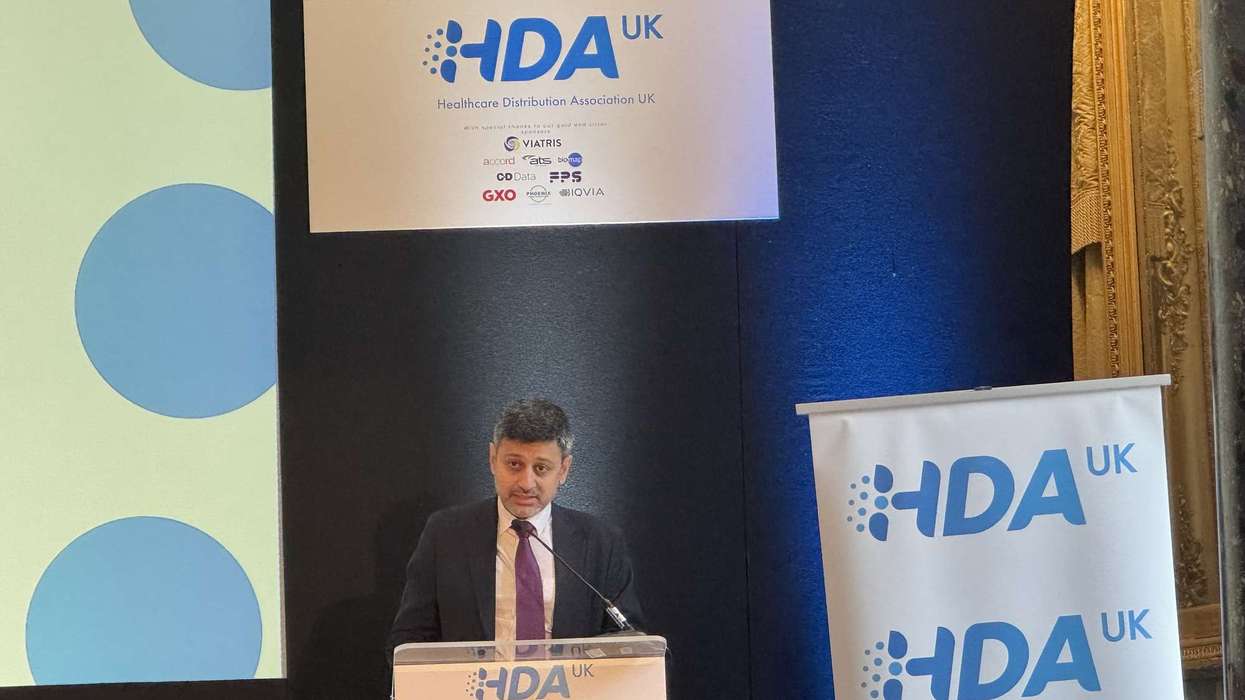There is a great scope of improvement regarding the inclusion of LGBTQ people in the pharmaceutical sector, panelists said at the Pharmacy Business Diversity Conference during a session on LGBTQ+ Inclusion in the Workplace.
Robbie Turner, director of pharmacy and member experience at the Royal Pharmaceutical Society (RPS), sharing his feedback from others in the profession, said “this wasn't a profession that was welcoming of difference,” adding “the sector needs to improve in this regard.”
Turner, who came out as a gay man at 15 and have been out (openly gay) at work ever since, acknowledged that despite being a senior leader he faces microagression.
“I don't suffer from homophobia, but I do suffer from microaggression even as a senior leader, often from people who are being perfectly nice."
Robbie, who recently adopted two children said people often ask him, “what's the children's mother called? What does your wife do?”.
It is important to “use more open and inclusive language without being detrimental to anybody."
Turner noted that in efforts towards inclusion of LGBTQ+, it is crucial to encourage open conversations about microaggressions and bringing people together to share their experiences of life, he said.
Further, he said that RPS is creating an umbrella network for cultural diversity, “making things better for any group, who feels marginalised. It is going to be helpful for everybody and makes workplaces better.”
“We celebrate people's difference and recognise the benefits in pharmacy.”
The session, moderated by the conference chair BBC presenter Clive Myrie, also had Annie Newman, senior digital content editor at GSK and Bhavik Pancholi, senior manager Diversity & Inclusion at Mundipharma.
Talking about initiatives to promote inclusion at GSK, Newman said the company often shares stories, “letting people know what it's like to work with the GSK as an LGBTQ+ person.”
At GSK there are areas where LGBTQ+ can actively take part and see senior leaders talking about what it's like to be from that group and have mentors from the community to help them feel inclusive, she said.
Besides storytelling the company does “a lot in the background that isn't always visible to employees.”
She added the firm has been working to alter its recruitment process to make it more inclusive like having a diverse recruitment panel, advertising at places where more LGBTQ+ women work.
Also, the company emphasises on using inclusive language in its policies.
Putting more weight behind having open conversations, Pancholi said it is important to speak with the LGBTQ+ community and understand their experiences rather than making assumptions about them.
He said: “Let's remember there are people outside the binary of male and female, so if we don't have a voice, let's still make sure that we are inclusive in the language that we use.”
He added that there are several ways in which allies can show their support towards the LGBTQ+ community for example by including them on their email signatures and by ensuring a safe workplace.
“I think it's important to recognize at work, as having a safe workplace is often a haven for people because life isn't safe.
“Homophobia is on the increase, transphobia is rampant, so people should be able to come to work and feel as safe and as welcome and celebrated as possible."











